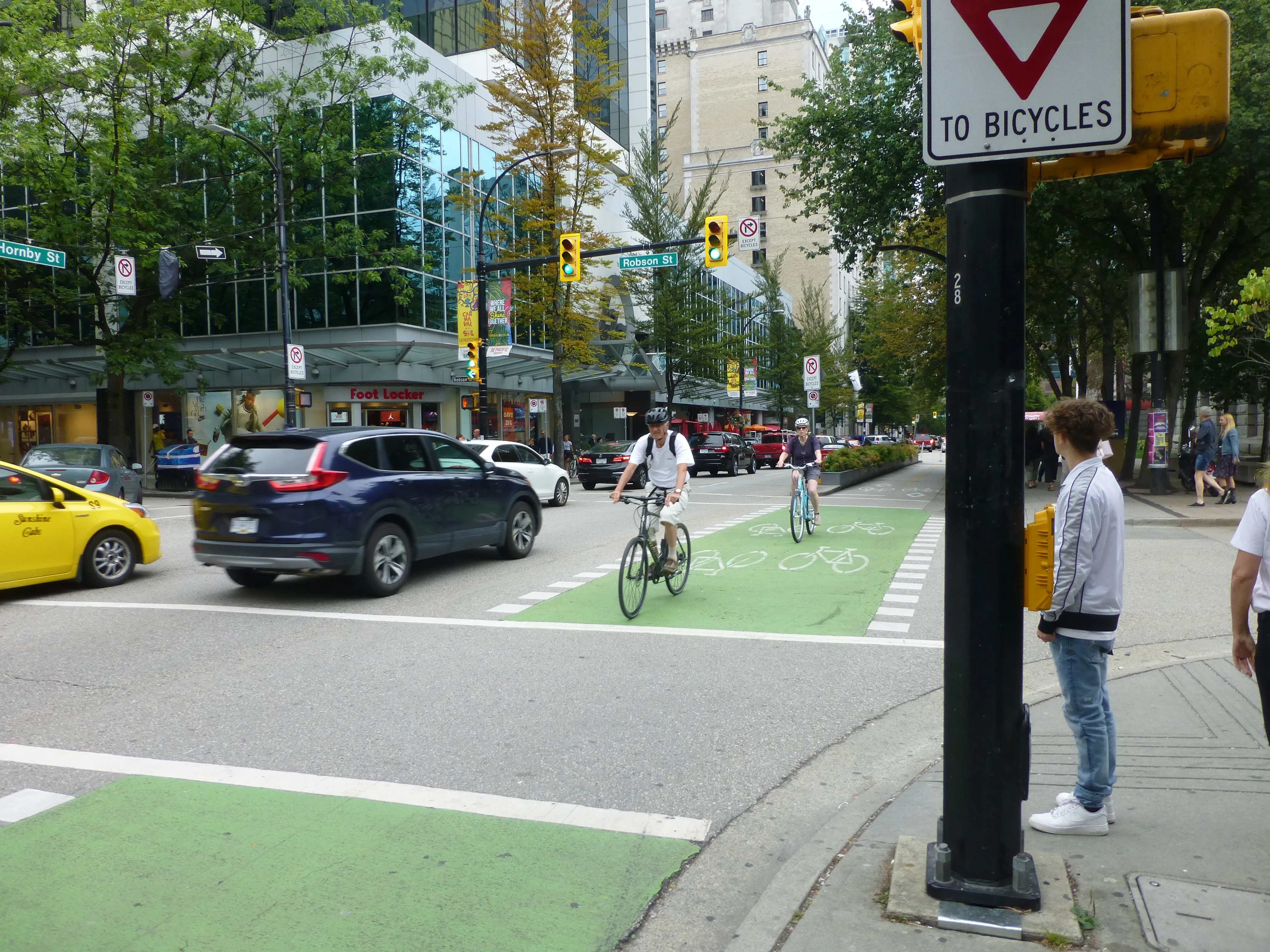Car-sharing network
The launch is a pivotal milestone in Zipcar’s international expansion, which already includes a presence in the United Kingdom, Spain, France, Austria, Germany and Turkey and demonstrates a strategic decision to offer a range of alternative car-sharing models according to a city’s requirements.
Zipcar’s free-floating fleet, all Peugeot 208s, will extend from 100 cars at launch to more than 250 within the first month. The Zipcars can be picked up and dropped off in and around the Brussels-Capital Region, within a zone that includes 16 of the city’s 19 communes. The service will also be readily available to Brussels’ Zipcar members travelling to and from Zaventem Airport, the city’s international airport. Members can easily and spontaneously access a car via the Zipcar app, giving them access to a versatile car that is well suited to life in the city with easy handling, low emissions and room for up to five people.
The free-floating service extends Zipcar’s international offering, which currently serves the needs of its members across 500 towns and cities globally with access to a wide range of vehicles. The car-sharing network also recently reached a milestone of one million members globally, highlighting the adoption of car-sharing services across the world.
Zipcar launches free-floating car-sharing service in Belgium
Car-sharing network Zipcar has launched its new free-floating car-sharing service in Brussels, Belgium, the seventh major country launch for the brand in Europe and the introduction of its most flexible car-sharing service to date.
September 16, 2016
Read time: 2 mins









